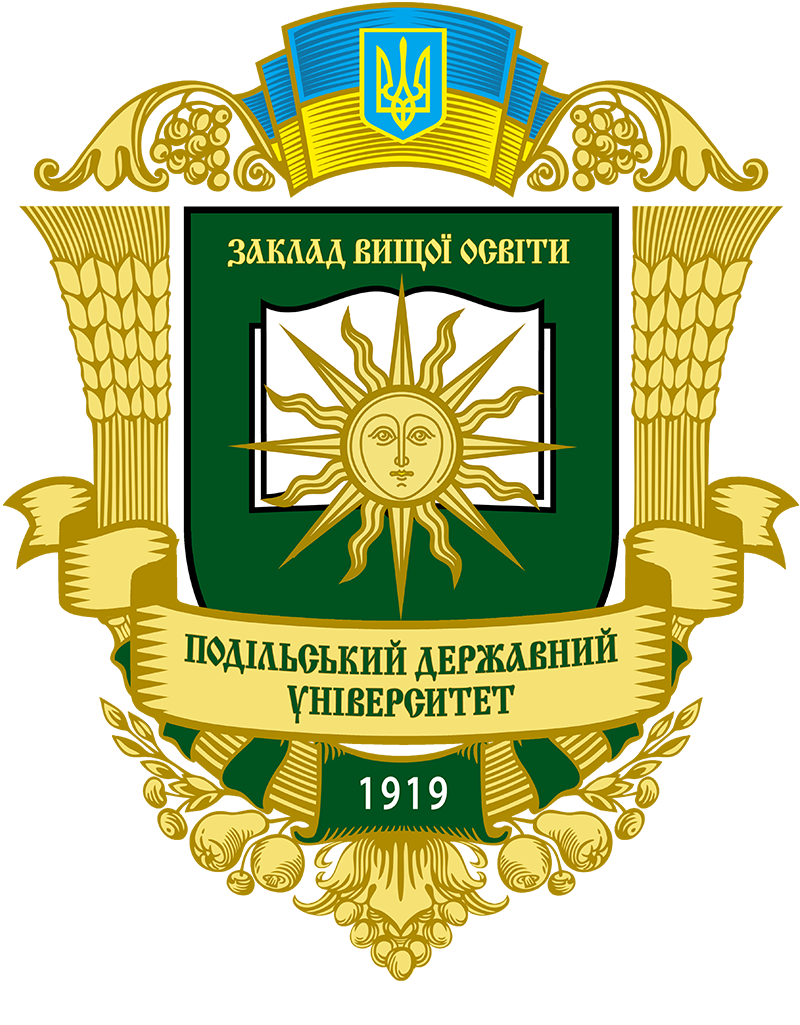THE ROLE OF SOCIAL AND COMMUNICATION SKILLS IN THE TRAINING OF HIGHER EDUCATION STUDENTS
DOI:
https://doi.org/10.37406/2521-6449/2024-2-17Keywords:
social and communication skills, functional and technical skills, communication qualities, communication abilities, communication potentialAbstract
Modern employer requirements imply that specialists possess not only professional competencies but also a set of nonspecialized skills (soft skills). This article addresses the need for future professionals to develop social and communication skills such as teamwork, communication, adaptability, language skills, time management understanding, stress resilience, and more, as these greatly enhance work performance in a professional environment. It is believe that the effectiveness of social and communication skills is primarily determined by a certain set of individual abilities, which include communicative quality, communicative ability, communicative competence, communicative potential, and personal culture. Therefore, a priority direction of the educational process in preparing future specialists is the formation of a certain system of internal resources necessary for effective communication within professional circles and interpersonal interaction. Overall, the results of specialists' professional competencies – such as professionalism, systematic thinking, interdisciplinary approach, professional ethics, and more – will be significantly strengthened through the development of social and communication skills. This includes the ability to work both independently and in teams, consider the role of the human factor, establish communication, and demonstrate civic consciousness, social activity, and an active life position. Thus, it has been determined that social and communication skills have a significant impact on the effectiveness of professional activities, as they promote more effective interaction in the work team. This greatly facilitates the exchange of information and increases the level of trust and coherence in teamwork. Therefore, the development of soft skills in higher education students is an important factor that will enable them to successfully carry out their professional activities in the future, especially given the conditions of dynamic change and the need to quickly adapt to them.
References
Дроздова Ю. В., Дубініна О. В. Концептуальні підходи до визначення «soft skills» у сучасних освітніх та професійних моделях. Soft skills – невід’ємні аспекти формування конкурентоспроможності студентів у XXI столітті : тези міжвуз. наук.-метод. семінару, м. Київ, 21 лютого 2020 р. Київ, 2020. С. 31–34.
Коваль К. О. Розвиток «soft skills» у студентів – один з важливих чинників працевлаштування. Вісник Вінницького політехнічного інституту. 2015. № 2. С. 162–166.
Корнюш Г. В. Формування м’яких навичок у студентів закладів вищої освіти в контексті навчання іноземних мов. Викладання мов у вищих навчальних закладах освіти на сучасному етапі. Міжпредметні зв’язки : зб. наук. пр. ХНУ ім. В.Н. Каразіна. 2020. № 36. С. 99–110.
Deming D. Soft Skills and the Future of Work. Harvard Kennedy School. 2023. URL: https://www.hks.harvard.edu/sites/default/files/hksee/hkseepdfs/deming_softskills_feb2023.pdf (дата звернення: 13.10.2024).
European Dictionary of Skills andCompetences. URL: http://disco-tools.eu/disco2_portal/ (дата звернення: 13.10.2024).
Lippman L., Ryberg R., Carney R., Moore K. Workforce connections: Key soft skills that foster youth workforce success – Toward a consensus across fields. Child Trends. 2015. URL: fhi360.org (дата звернення: 13.10.2024).
Mourshed M. Education to employment: Designing a system that works. 2013. URL: mckinseyonsociety.com (дата звернення: 11.10.2024).
Wilson-Ahlstrom A., Yohalem N., DuBois D., Ji P., Hillaker B., Weikart D. P. From soft skills to hard data: Measuring youth program outcomes. The Forum for Youth Investment. (2014). URL: https://www.search-institute.org/wp-content/uploads/2017/11/DAP-Ready-by-21-Review.pdf (дата звернення: 15.10.2024).








